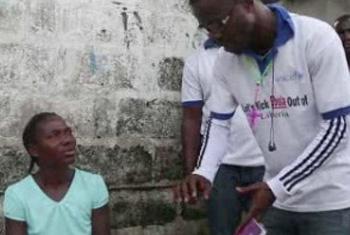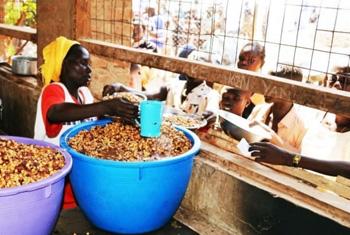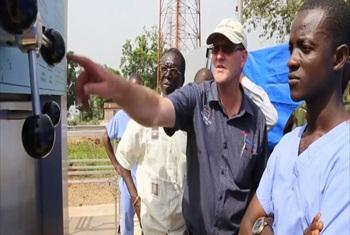Jordan vows to continue supporting Palestinians to end occupation
Palestinians will continue their struggle to end Israeli occupation of their territory.
That’s what the representative of Palestine told reporters following the rejection by the Security Council or a resolution that set the deadline of 2017 for ending the occupation.
Late on Tuesday, the 15-member Council voted on a resolution that was submitted by Jordan.
Derrick Mbatha reports.
Duration: 3’02”










